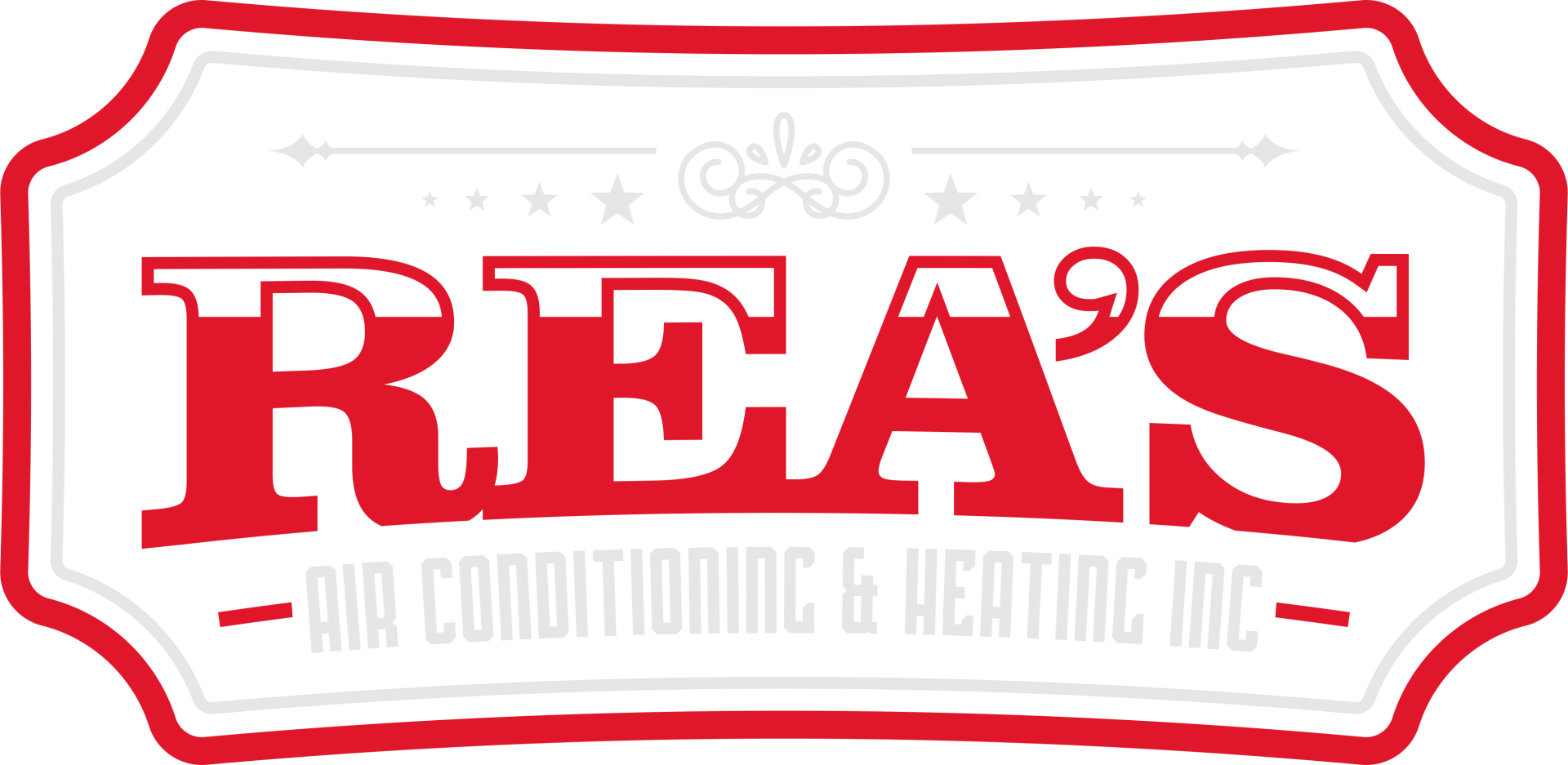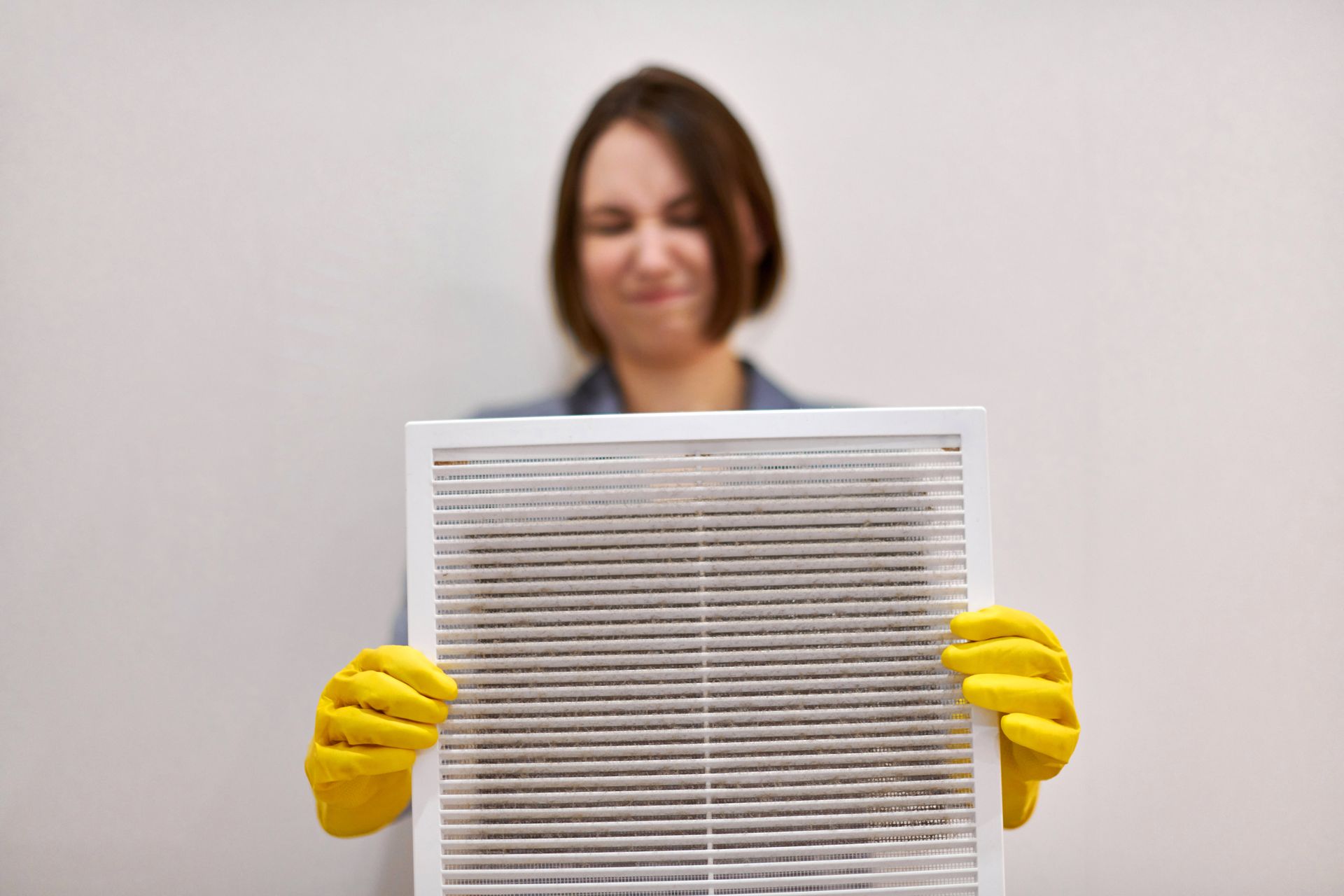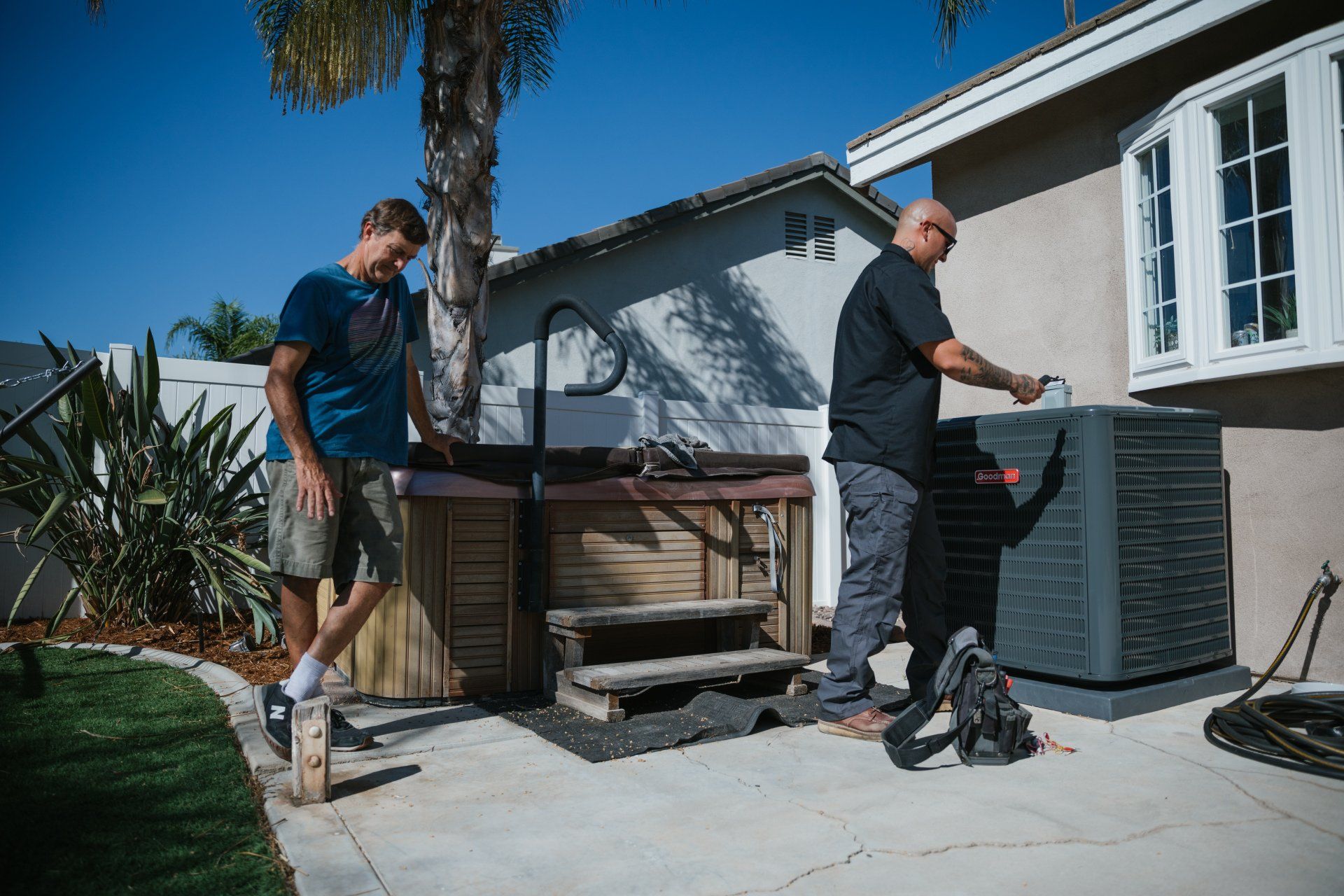HEPA, MERV, and UV: What Type of Air Filter Is Right for You?
When it comes to indoor air quality, your HVAC system's air filter plays a much bigger role than you might think. It’s not just about trapping dust; it’s about protecting your health, extending the life of your HVAC system, and improving overall comfort in your home. However, with numerous options available, including HEPA filters, MERV-rated filters, and UV air purifiers, how do you determine which one is best suited to your needs?
Let’s break down the differences between these filter types and help you choose the best one for your home and lifestyle.
What Is a HEPA Filter?
High-Efficiency Particulate Air (HEPA) Filters
HEPA filters are designed to capture at least 99.97% of particles as small as 0.3 microns. That includes dust, pollen, pet dander, mold spores, and even some bacteria and viruses.
Pros:
- Exceptional filtration, excellent for allergy or asthma sufferers.
- Removes tiny particles that standard filters may miss.
- Often used in hospitals, clean rooms, and homes with health-sensitive occupants.
Cons:
- Not typically compatible with standard residential HVAC systems without modification.
- Can restrict airflow if not installed properly, which may strain your HVAC system.
- More expensive than standard filters.
Best For:
Households with severe allergies, asthma, or compromised immune systems, especially if paired with a custom HVAC solution designed to handle HEPA-level airflow resistance.
What Is a MERV Rating?
Minimum Efficiency Reporting Value (MERV)
MERV is a rating system that measures how effectively a filter captures particles of varying sizes. MERV ratings range from 1 to 20, the higher the number, the finer the filtration.
| MERV Rating | Captures | Common Uses |
|---|---|---|
| 1-4 | Large particles like dust and pollen | Basic residential filters |
| 5-8 | Mold spores, dust mites, pet dander | Standard residential HVAC systems |
| 9-12 | Finer dust, lead dust, auto emissions | Homes with allergy sufferers |
| 13-16 | Bacteria, smoke, virus carriers | Hospitals, labs, high-end residential |
| 17-20 | Ultrafine particles | Clean rooms (typically HEPA filters) |
Pros:
- Widely available and affordable.
- Compatible with most standard HVAC systems (MERV 8–12).
- Balances filtration efficiency and airflow for most households.
Cons:
- MERV 13 and higher can restrict airflow and may require system upgrades.
- Doesn’t eliminate all airborne germs or viruses unless paired with additional purification.
Best For:
Most homeowners will find that MERV 8–12 filters offer a solid balance of protection and system efficiency. For those with allergies, a MERV 11 or 13 can significantly improve indoor air quality.
What About UV Air Purifiers?
Ultraviolet (UV) Air Purification
UV filters or UV air purifiers utilize ultraviolet light to kill or deactivate microorganisms, such as mold spores, bacteria, and viruses, as they pass through the HVAC system.
Pros:
- Great for neutralizing biological contaminants that filters can't capture.
- Reduces mold growth on HVAC components, such as coils.
- Works silently and continuously.
Cons:
- Doesn’t remove dust, pollen, or pet dander, must be paired with a traditional filter.
- UV bulbs need to be replaced every 12–24 months.
- Higher upfront cost for installation.
Best For:
Homes concerned about airborne germs and mold, especially in humid climates or homes with ductwork prone to mold buildup. Works best when combined with a high-MERV or HEPA filter.
Which Air Filter Is Right for You?
Here’s a quick guide to help you decide:
| Your Concern | Best Option |
|---|---|
| General dust and debris | MERV 8–10 filter |
| Severe allergies or asthma | MERV 11–13 or HEPA (with system upgrade) |
| Immune-compromised household | HEPA + UV |
| Mold and bacteria | MERV 11–13 + UV light |
| Virus protection | HEPA or MERV 13+ + UV |
Final Thoughts
Choosing the right air filter comes down to your household’s needs, your existing HVAC system, and your budget. For most homes, a MERV 8 to 13 filter will offer excellent air quality without straining your system. If you're concerned about airborne germs or have medical concerns, investing in a HEPA filter or a UV purifier may be worthwhile, just make sure your HVAC system can accommodate it.
Still not sure what’s right for you? A
qualified HVAC technician can assess your system and help you build a solution that keeps your air clean, your system efficient, and your family breathing easy.






